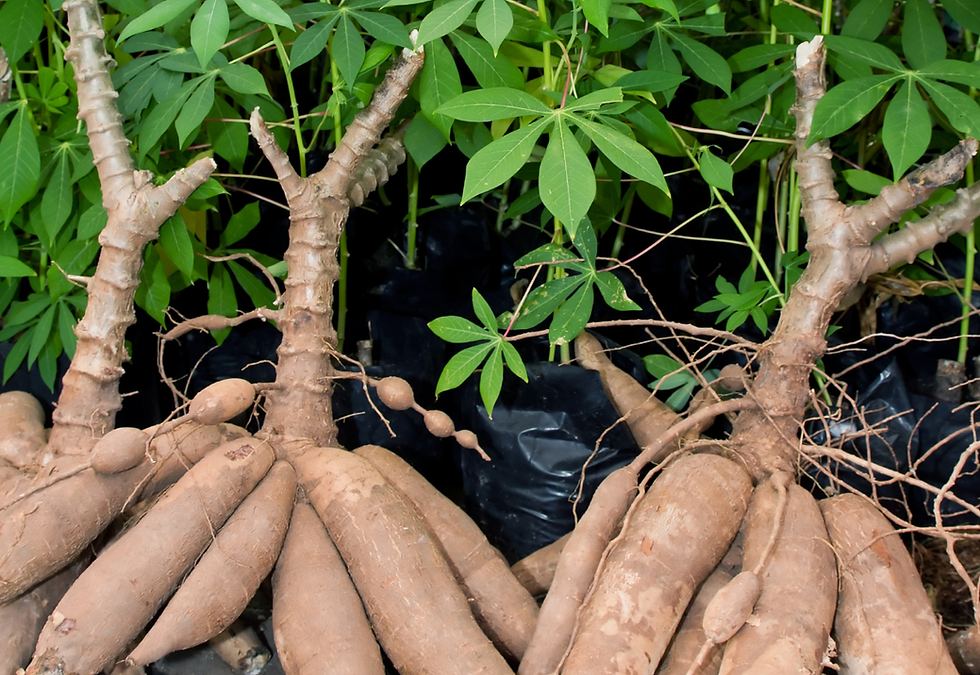Sharing Insights on Carbon Transport – Attending the 3rd Carbon Allocation Workshop at INRAE, Versailles, France
- Jolanda Kraner
- 14. Nov. 2025
- 2 Min. Lesezeit
The 3rd Carbon Allocation Workshop, held at INRAE in Versailles, France, brought together international experts to explore how plants allocate, transport, and store carbon — a fundamental process that underpins plant growth, productivity, and resilience.
Carbon allocation in plants is a dynamic and multifaceted process influenced by genetics, physiology, and environmental interactions. Advances in molecular biology, biotechnology, and imaging have shed new light on how carbon moves between source and sink tissues, how environmental and microbial factors shape this distribution, and how these mechanisms can be optimized for sustainable agriculture and ecosystem management.
Organized by an international scientific committee — including Nathalie Pourtau (CNRS/University of Poitiers), John Lunn (Max Planck Institute of Molecular Plant Physiology, Golm), Ekkehard Neuhaus (University of Kaiserslautern), Ruth Stadler (FAU Erlangen-Nürnberg), and Sylvie Dinant (INRAE, Versailles) — the workshop covered a wide range of topics:
o How environmental factors shape carbon allocation
o Genetic and molecular regulation of carbon partitioning
o Phloem biology and carbon transport mechanisms
o Carbon storage and sequestration
o Microbial and symbiotic interactions influencing carbon flow
o Biotechnological innovations to enhance carbon allocation efficiency
Dr. Wolfgang Zierer, from the Division of Biochemistry at the Friedrich-Alexander University Erlangen-Nürnberg, contributed to the session “Innovative Biotech Solutions”. As Scientific Coordinator of the Cassava Source-Sink Project, he presented recent progress in improving cassava storage root yield by introducing a vascular-localized and modified potassium channel. This modification enhanced carbon allocation from source to sink, resulting in improved yield under both greenhouse and field conditions — with particularly strong performance under drought stress. The presentation was very well-received, emphasizing the potential of molecular approaches to strengthen cassava productivity and resilience.
Beyond the formal sessions, the workshop showcased fascinating research across species — from Arabidopsis and cereals to potato and even kiwi trees — reflecting the broad relevance of carbon allocation studies. Discussions around trehalose-6-phosphate, a key sugar signaling molecule, highlighted ongoing efforts to unravel the molecular regulation of carbon partitioning. Yet, as participants agreed, phloem biology remains full of unanswered questions, and continued research will be vital to advance our understanding of this essential biological progress.
The workshop fostered vibrant scientific exchange, new collaborations, and a shared vision for future breakthroughs in carbon allocation research — with promising implications for agriculture and global food security. Hopefully, we will be welcomed back for the 4th Carbon Allocation workshop to discuss further progress!






Kommentare